Venezuela Election Results: The Ongoing Unrest
The recent presidential election in Venezuela has left the country in a state of uncertainty, with the results yet to be verified and tensions continuing to rise. The US-based Carter Centre, an organization that promotes democracy and human rights, has expressed deep concerns over the legitimacy of the apparent victory of incumbent President Nicolas Maduro.
The organization released a statement on Tuesday night, criticizing the complete lack of transparency in the election process. The Carter Centre had deployed 17 experts to different cities across Venezuela to observe the vote, and their conclusion was damning. They stated that the election did not meet international standards and could not be considered democratic, largely due to the absence of disaggregated results by polling station, which is a serious breach of electoral principles.
In response to the declaration of Maduro’s victory, protests erupted across the country. Opposition supporters have contested the results, presenting their own detailed voting data showing that their candidate, Edmundo Gonzalez, had won by a significant margin. These developments have only intensified the already precarious situation, leading to a rise in political tensions.
The international community has also weighed in on the issue. United States President Joe Biden and Brazilian President Luiz Inácio Lula da Silva have called for the immediate release of detailed voting data at the polling station level by the Venezuelan electoral authorities. They emphasized the significance of transparency and its critical role in upholding democracy in the region.
Venezuela, once boasting Latin America’s most advanced economy, is now facing a multitude of challenges. Following Maduro’s assumption of power in 2013, the country has witnessed a severe economic downturn, marked by skyrocketing inflation, widespread shortages, and social unrest. This has led to an unprecedented level of emigration, with over 7.7 million Venezuelans leaving the country since 2014.
The turmoil has not been confined to the political sphere. The aftermath of the election has also seen a significant increase in civil unrest, with reports of demonstrations, arrests, and violence. While opposition leaders have called for peaceful protests and urged their supporters to remain calm, the situation remains tense.
The ongoing unrest and uncertainty have prompted concern from international organizations as well. The United Nations Human Rights Chief, Volker Türk, has expressed alarm over the post-election climate, particularly the reports of arrests and the disproportionate use of force by law enforcement officials.
The aftermath of the election has also led to troubling incidents, such as the toppling of a statue of the late Hugo Chávez, Maduro’s predecessor and mentor, in the port city of La Guaira. The vandalism of the statue reflects the deep-seated divisions and the intense emotions surrounding the recent political developments.
In conclusion, Venezuela’s presidential election has plunged the country into a state of turmoil, with the validity of the results in question and growing political tensions. The situation calls for a peaceful and transparent resolution to avoid further unrest and address the deep-seated issues that continue to plague the country.
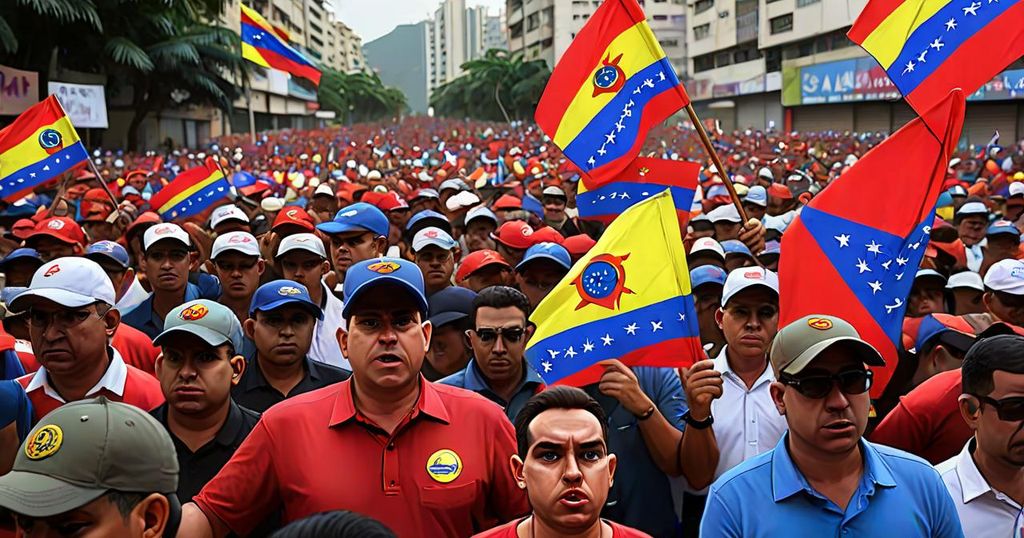
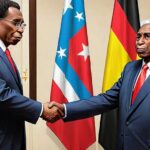

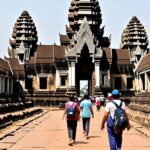

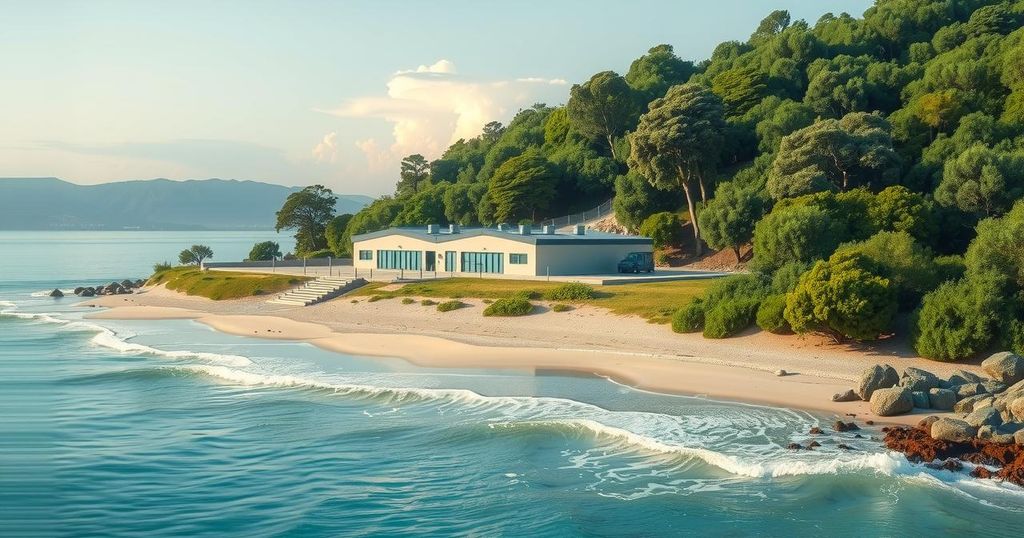

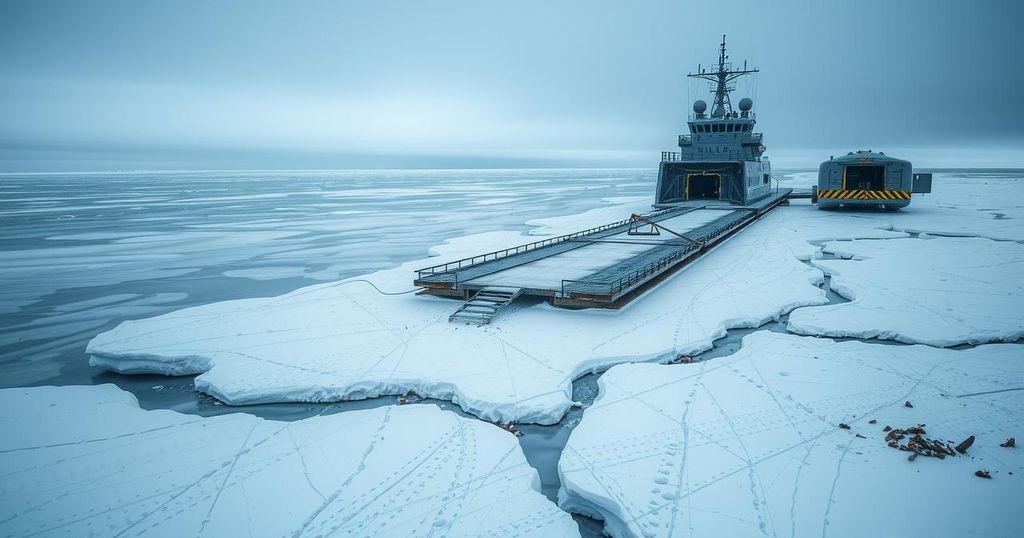
Post Comment